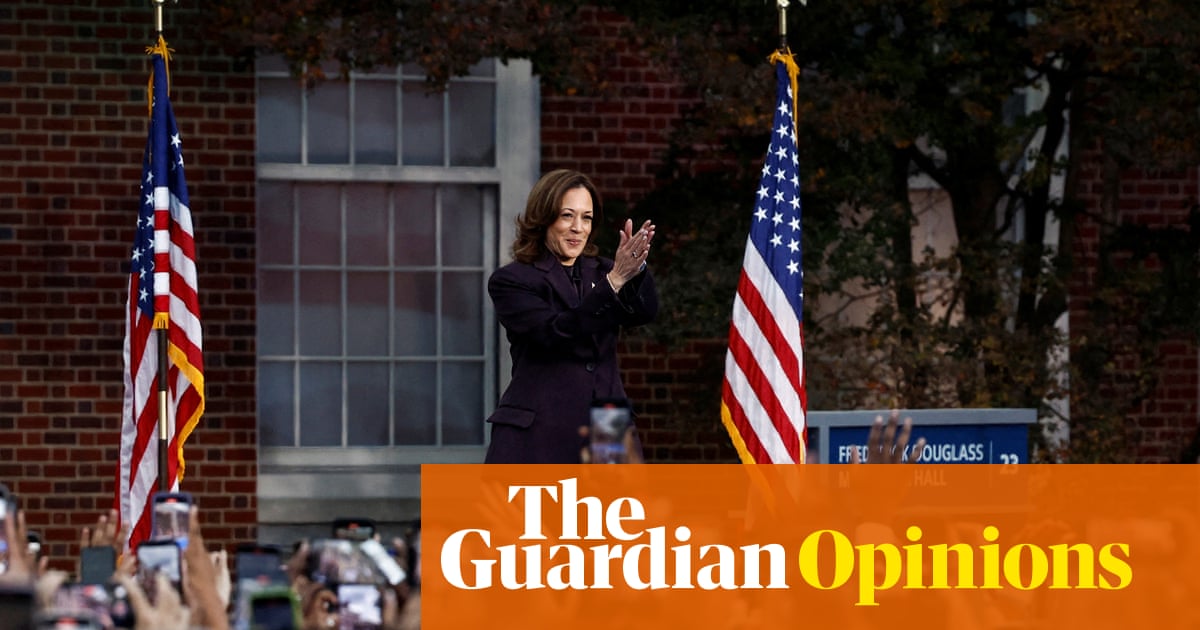Summary
Gender bias played a significant role in Kamala Harris’s defeat, with many voters—often women—expressing doubts about whether “America is ready for a female president.”
Some said they “couldn’t see her in the chair,” or questioned if a woman could lead, with one even remarking, “you don’t see women building skyscrapers.” Though some voters were open to persuasion, this often became a red line.
Oliver Hall, a Harris campaign volunteer, found that economic concerns, particularly inflation, also drove voters to Donald Trump, despite low unemployment and wage growth touted by Democrats.
Harris was viewed in conflicting ways, seen as both too tough and too lenient on crime, as well as ineffective yet overly tied to Biden’s administration.
Ultimately, Hall believes that Trump’s unique appeal and influence overshadowed Harris’s campaign efforts.



“Wages may well be rising at all levels, but everyday inflation was more discernible to voters.”
Your wages only rise if you change jobs. If you aren’t willing, or able to change jobs, your wage increase (if you get one AT ALL) is not beating inflation.
Maybe in a world where unions don’t exist (so give it a year or two)… But no, that’s absurd.
Union representation is a fraction of what it used to be… or needs to be.
https://www.usatoday.com/story/money/2024/01/24/labor-union-membership-by-year/72329342007/
"the rate of union members is the lowest in decades at 10%, according to the Bureau of Labor Statistics.
A combination of labor laws unfavorable to unions and an uptick in corporate-backed union suppression tactics are two insights as to why union membership is so low in the 21st century.
In the 1950s, 1 in 3 workers were represented by a union. Now it’s closer to 1 in 10."
What are you talking about? Unions work great in some countries, so don’t drag the whole world into your issues with it.
Eh, did you misread what he said?